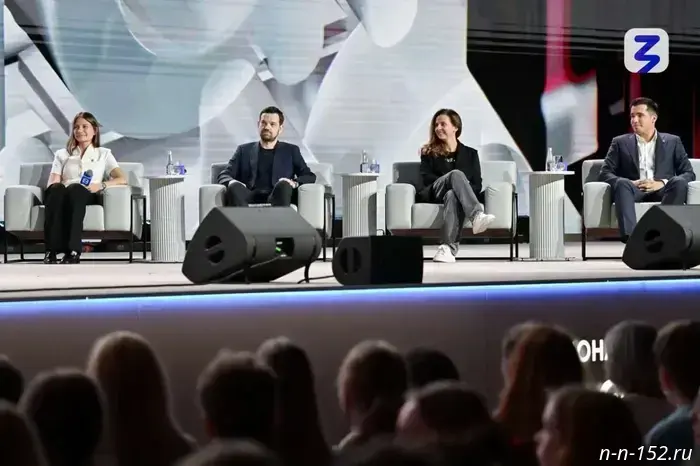
Susanna Gordleeva, Director of the Neuroscience Research Institute, explained how science helps change the future.
01 November 2025 17:23 Science
As part of the educational marathon Znanie.Science, organized by the Znanie Society and Moscow Polytechnic University with the support of the Ministry of Science and Higher Education of the Russian Federation, a meeting was held with the laureates of the Presidential Prize of the Russian Federation in the field of science and innovation for young scientists. Participants in the discussion "Heroes of Progress: Profession — Scientist" included Susanna Gordleeva, director of the Research Institute of Neurosciences at Lobachevsky Nizhny Novgorod State University; Alexander Kvashnin, senior research fellow at the Skolkovo Institute of Science and Technology; Olga Yakubovich, associate professor at Saint Petersburg State University; and Kirill Antonets, professor in the Department of Cytology and Histology at Saint Petersburg State University.
The young scientists told schoolchildren and students how they came into science, what they do today, and why research can be an inspiring endeavor that changes the lives of millions of people.
Susanna Gordleeva presented her research in the field of neuromorphic computing — technologies that imitate the work of the human brain. "Modern computers consume enormous amounts of energy due to inefficient architectures. The brain solves the most complex tasks while using thousands of times fewer resources. We are creating computing systems capable of working according to the same principles — quickly, adaptively and energy-efficiently," the scientist explained.
According to her, such technologies are already being used today in unmanned systems, medical neural interfaces and "smart" devices.
Alexander Kvashnin, who built his scientific career in Krasnoyarsk and Moscow and also undertook internships and launched projects in Houston (USA), Xi'an (PRC), Tomsk and Ivanovo, talked about how artificial intelligence helps physicists discover new materials and speed up computations. "A physicist today cannot be just a physicist. All modern materials science is based on an interdisciplinary approach — we combine physics, chemistry, programming and AI. Algorithms make it possible to compute the most complex structures composed of millions of atoms — what used to take months now gets solved in hours," the researcher noted.
The scientist emphasized that the path into science is not just victories but persistence: "Prizes are not won on the first try. The main thing is not to stop and to be able to work for a result."
Olga Yakubovich shared her experience as a geologist and described how modern technologies help reveal the Earth's secrets: "We proved that native platinum can retain radiogenic helium for billions of years," she said. "This discovery made it possible, for the first time, to determine the age of platinum deposits. Modern geology is no longer only a hammer and a map; it is laboratories, instruments and complex modeling."
Kirill Antonets presented the results of his research in microbiology and genetics. He explained how simple organisms help study human diseases and protect agriculture. "We have shown that amyloid proteins are found not only in animals but also in plants. These discoveries help to understand the fundamental mechanisms of life. And bacteria that were once considered harmful are now used to protect crops from pests," the scientist emphasized.
At the end of the meeting the young researchers answered audience questions about the role of artificial intelligence, its benefits and the risks of its use. "This technology is developing; we simply need to learn how to use it, because it has firmly entered our lives," Susanna Gordleeva shared.
They also spoke about the influence of the environment on the development of abilities and about how to involve students in research. "The main thing is for the university to have an active research laboratory. The atmosphere of youth in science is energy, new ideas and living teamwork," Susanna Gordleeva noted.
The Znanie.Science marathon has ended, but the nationwide educational campaign "Science Around Us" continues, covering all regions of Russia. More than 300 lectures will take place, during which schoolchildren and students will visit the country's leading scientific centers. Young people will learn about the development of regional science, measures to support research and the career opportunities that open up for talented individuals in various fields. Highlight events of the campaign will include meetings of governors with students and young scientists at the venues of federal universities, regional science centers and universities participating in the "Priority — 2030" program. In an open-dialogue format, and for everyone who wants to give a lecture within the campaign, the library has prepared 25 materials.
NIA "Nizhny Novgorod" has a Telegram channel. Subscribe to stay informed about top events, exclusive materials and timely updates. Copyright © 1999—2025 NIA "Nizhny Novgorod". When reprinting, a hyperlink to NIA "Nizhny Novgorod" is required. This resource may contain 18+ materials.
Другие Новости Нижнего (Н-Н-152)
 Two people were burned alive in a nighttime fire in the Nizhny Novgorod region.
Traffic along the Rowing Canal embankment will be restricted due to construction work.
Two people were burned alive in a nighttime fire in the Nizhny Novgorod region.
Traffic along the Rowing Canal embankment will be restricted due to construction work.
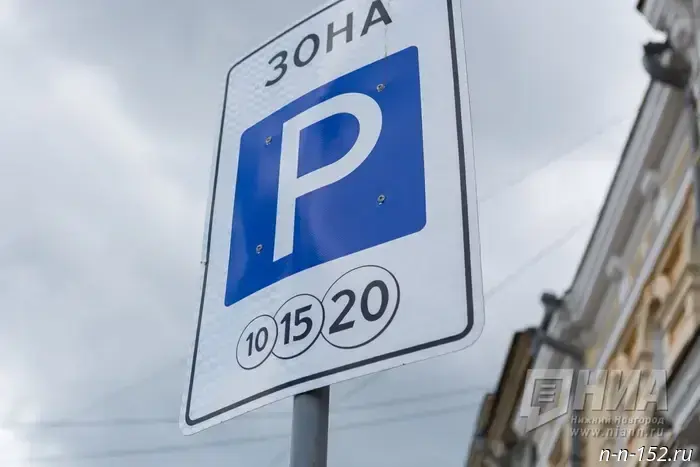 Parking in Nizhny Novgorod will become free in early November.
Parking in Nizhny Novgorod will become free in early November.
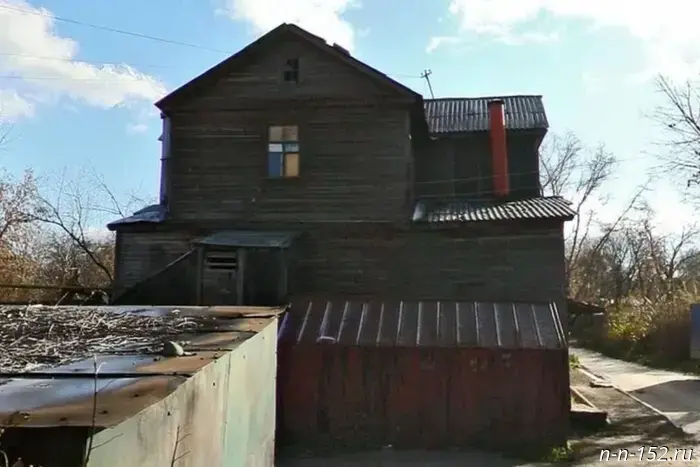 Two more houses will be expropriated for municipal needs in Nizhny Novgorod.
Two more houses will be expropriated for municipal needs in Nizhny Novgorod.
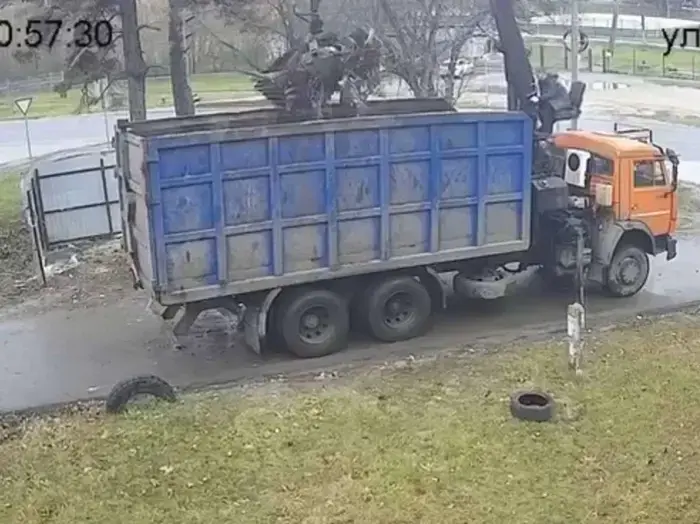 The migrant who attacked a bus in Nizhny Novgorod has been taken into custody.
The migrant who attacked a bus in Nizhny Novgorod has been taken into custody.
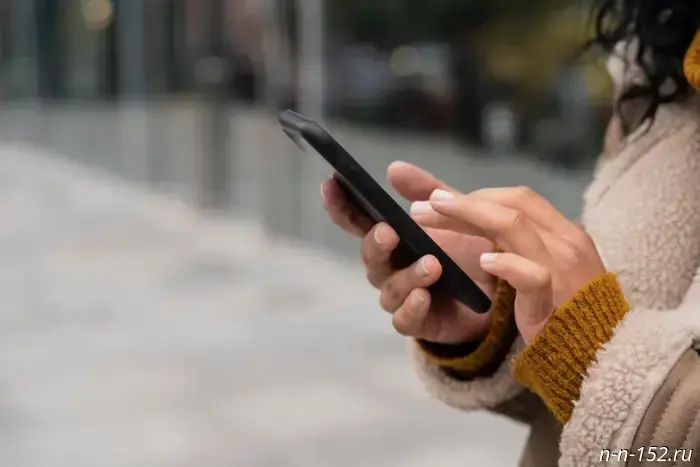 The Internet Is Dead: How to Prepare for a Global Internet Shutdown — A Guide
Photo: freepik.com
Mobile internet outages in the Nizhny Novgorod Region have become a new reality. October 31, 2025. Online publication Zhivem v Nizhnem. Nizhny Novgorod Region. Nizhny Novgorod.
The Internet Is Dead: How to Prepare for a Global Internet Shutdown — A Guide
Photo: freepik.com
Mobile internet outages in the Nizhny Novgorod Region have become a new reality. October 31, 2025. Online publication Zhivem v Nizhnem. Nizhny Novgorod Region. Nizhny Novgorod.
